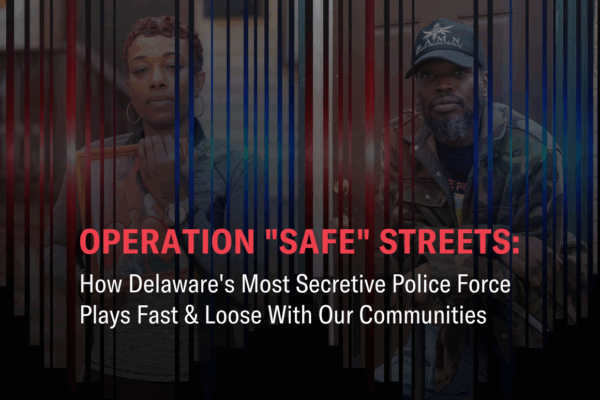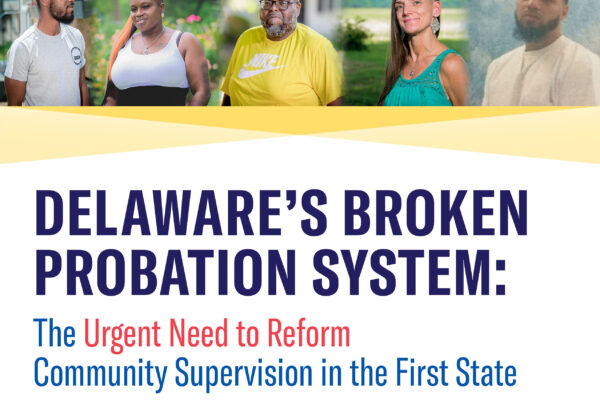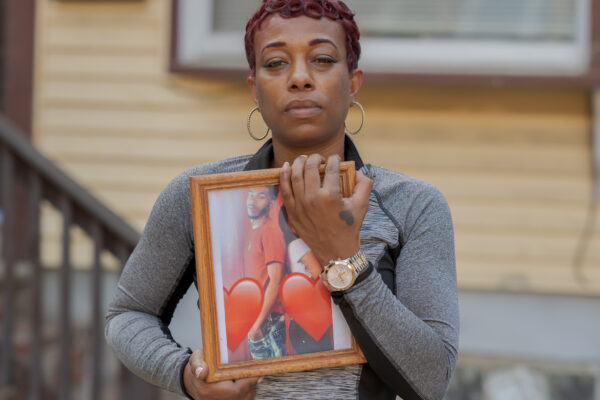Story By: Lauren Gill
Editing By: Jay A. Fernandez, Reviser Editorial
Fact-Checking By: Mary Mathis
Photos By: David Heitur, Dream Art Studio
Content warning: This page and our story contains mentions and details of police abuse of power, which may be disturbing or distressing to some readers.
“They’re cowboys. They make vice cops look like choir boys. These guys play fast and loose … They’re simply using their job title to violate the Fourth Amendment.”
On an otherwise peaceful day, Sharee Congo’s home was raided by Operation Safe Streets officers, her son was tasered and beaten, and she was handcuffed and thrown down the stairs — all while her other children and young grandchild watched in terror.
The reason? Her son, Armani, had been suspected of a probation violation.
The Wilmington Police Department’s Operation Safe Streets (OSS) is a partnership with the Delaware Department of Correction (DOC) that allows police and probation officers to jointly police those on probation and, by extension, their family, neighbors, coworkers, and friends. OSS has been operating in Wilmington since 1997, ruling the streets and instilling fear into the residents in Delaware’s largest city.
The ACLU of Delaware conducted an extensive research project into the history, operations, and effectiveness of OSS, and we’ve compiled our findings into a story that paints a clear picture: OSS’s extreme tactics fail to improve public safety while causing deep and substantial damage to Wilmington’s Black and Brown communities.
Sharee and Armani’s horrifying story is just one stark example of OSS’s abuse of power. In our story, we highlight several case examples of people – both on probation and not on probation – who have been victims of harassment at the hands of OSS officers. We review court cases, reveal interviews and FOIA requests, and analyze the questionable tactics carried out by officers under the OSS umbrella of impunity.
Even worse, OSS lives beyond the boundaries of Wilmington: The program has been duplicated by New Castle County and Dover Police Departments, and a copycat program through the Delaware State Police, known as the Governor’s Task Force (GTF), operates in Kent and Sussex counties under the same framework.
OSS/GTF have been touted as a great success, yet by any measure they’ve not only failed as tools of crime prevention and community service, they’ve been moral and institutional failures, as well. Wilmington’s communities deserve to live without fear of surveillance, harassment, and abuse by police and probation officers. In our story, we build a case for what we’ve come to know with certainty: we must end the abuse of power that fuels OSS.
Listen to the Highlands Bunker Podcast on OSS
Read Sharee Congo's Delaware Call Commentary
Read the full story below.
Photos below are by David Heitur of Dream Art Studio.




